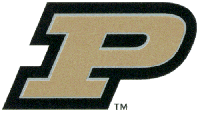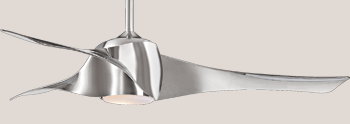Indianapolis, Indiana – A trademark infringement case in the Southern District of Indiana has recently settled. In May 2010, intellectual property counsel for Coach, Inc. and Coach Services, Inc., both of New York, NY, had filed an infringement suit alleging Novelty, Inc. of Greenfield, IN, has infringed numerous COACH trademarks which have been registered with the U.S. Trademark Office, as well as infringed copyrighted design elements and product trade dress. The case was blogged about by Indiana Intellectual Property Law and News. The case has recently been dismissed from the court’s docket with a notice that an undisclosed settlement had been reached.
Coach’s trademark attorneys had accused Novelty of offering products bearing source-identifying indicia and design elements which are “studied imitations” of the plaintiffs’ intellectual property. Novelty failed to file an answer to the complaint on time, and Coach obtained a default judgment in August 2010. Novelty then successfully petitioned the court to set aside the default judgment, arguing that it had not answered the complaint because settlement discussions were ongoing. The parties apparently had a discovery dispute relating to the extent to which a protective order concerning confidential information should be in place and whether certain disclosures should be limited to “attorney eyes only.” In July, Magistrate Baker sided with Coach in the discovery dispute noting “The Defendant has not shown sufficient cause for an “attorney’s eyes only” provision, and Defendant’s other objections, while not unreasonable, are not more compelling than Plaintiffs’ proposal.” The case has now been settled.
Practice Tip: In this case, Novelty argued that the default judgment should be set aside because settlement negotiations were ongoing at the time. Although Novelty successfully had the default set aside, other courts have not allowed this excuse for failing to file an answer or seek an extension of time. See U.S. v. Topeka Livestock Auction, Inc., 392 F.Supp. 944 (D.C. Ind. 1975). This illustrates the importance of complying with the deadline for answering a complaint, even if settlement seems likely.
This case was assigned to Chief Judge Richard L. Young and Magistrate Judge Tim A. Baker in the Southern District of Indiana, and assigned case no. 1:10-cv-00615-RLY-TAB.




 Lilly had challenged the patent based on the fact that there is no known use of the protein. Thus, Lilly argued, the gene sequence was not patentable due to a lack of industrial application.
Lilly had challenged the patent based on the fact that there is no known use of the protein. Thus, Lilly argued, the gene sequence was not patentable due to a lack of industrial application. 

 infringed patent no.
infringed patent no. 